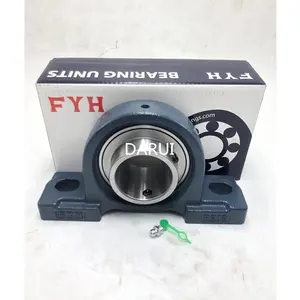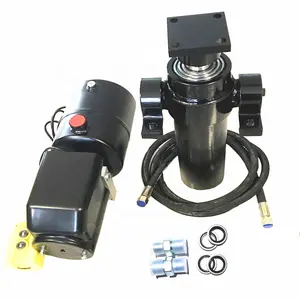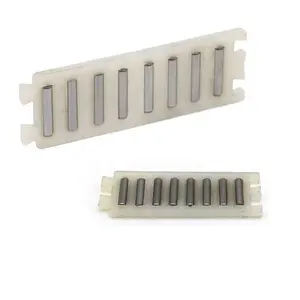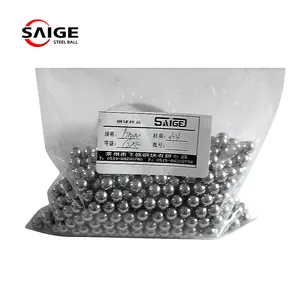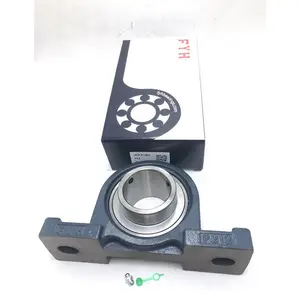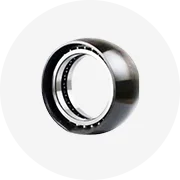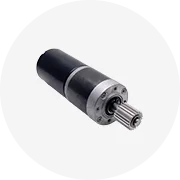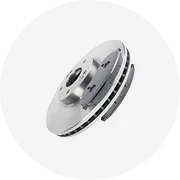Popular in your industry



























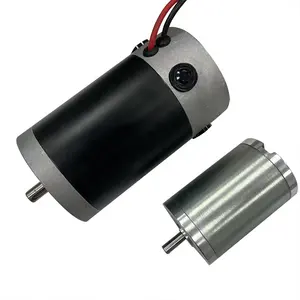




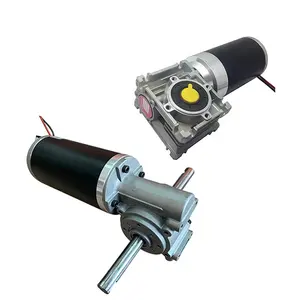


























Related Searches:


















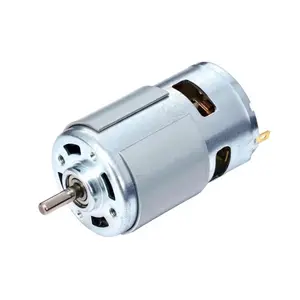

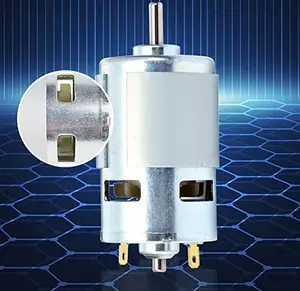








































































































Top categories
About small electric motors
Small electric motors are devices that change electrical energy into mechanical energy. With their compact size, small electric motors are widely used in devices and systems, including applications where space is critical.
Features of small electric motors
Small electric motors are widely used in appliances, remote-controlled toys, automotive applications and industrial equipment. Electric motors make these devices efficient by balancing power consumption, torque, and speed. Compact electric motors can be battery-powered or use AC power from a wall outlet or other sources. Small electric motors can operate at a constant speed or be controlled for variable speeds and precise positioning. Instantaneous response becomes possible with the use of electronic circuits or controllers. Advanced features include feedback control and programmable movements. While a tiny electric motor is relatively easy to maintain, operating conditions can impact the motor's performance.
Types of small electric motors
Small electric motors power an array of devices used in everyday life. Different types of small electric motors are designed for specific applications. Common types include AC (alternating current) and DC (direct current) motors, servo motors, and stepper motors. A miniature brushless DC motor (BLDC) makes use of electronic controllers instead of commutators and brushes. Compared to brushed DC motors, small BLDC motors are known for their efficiency and lifespan, so they are suitable for power tools, computer fans and drones, among other applications. Stepper electric motors move in well-defined steps, and their rotation is controlled by the input pulses provided to the motor. They are widely used in applications such as 3D printers and CNC machines, where precise control in positioning is needed. Servo motors are typically used in automation, control systems, and robotics. Commonly used in model trains and cars, a hobby electric motor is designed to meet educational or hobbyist requirements.
Advantages of using small electric motors
Compact and lightweight, small electric motors offer advantages to businesses specializing in portable electronics, automotive systems and appliances. Modern types of small electric motors work efficiently, which means they can convert a substantial portion of electrical energy into mechanical energy. This efficiency level is vital to applications where power consumption should be minimized, for example, in battery-powered devices. Precise speed and position control are capabilities that make small electric motors suitable for applications associated with fine-tuned movements, such as automation and manufacturing equipment. In addition, models of small electric motors are eco-friendly and have low noise levels that are essential to consumer electronics and office equipment.

